Explanation
Who is the Holy Spirit?

Breathing can change how we feel, or alter our physical abilities. If we are not just body but also soul, what is this breath that keeps us alive?
Explanation

Connection
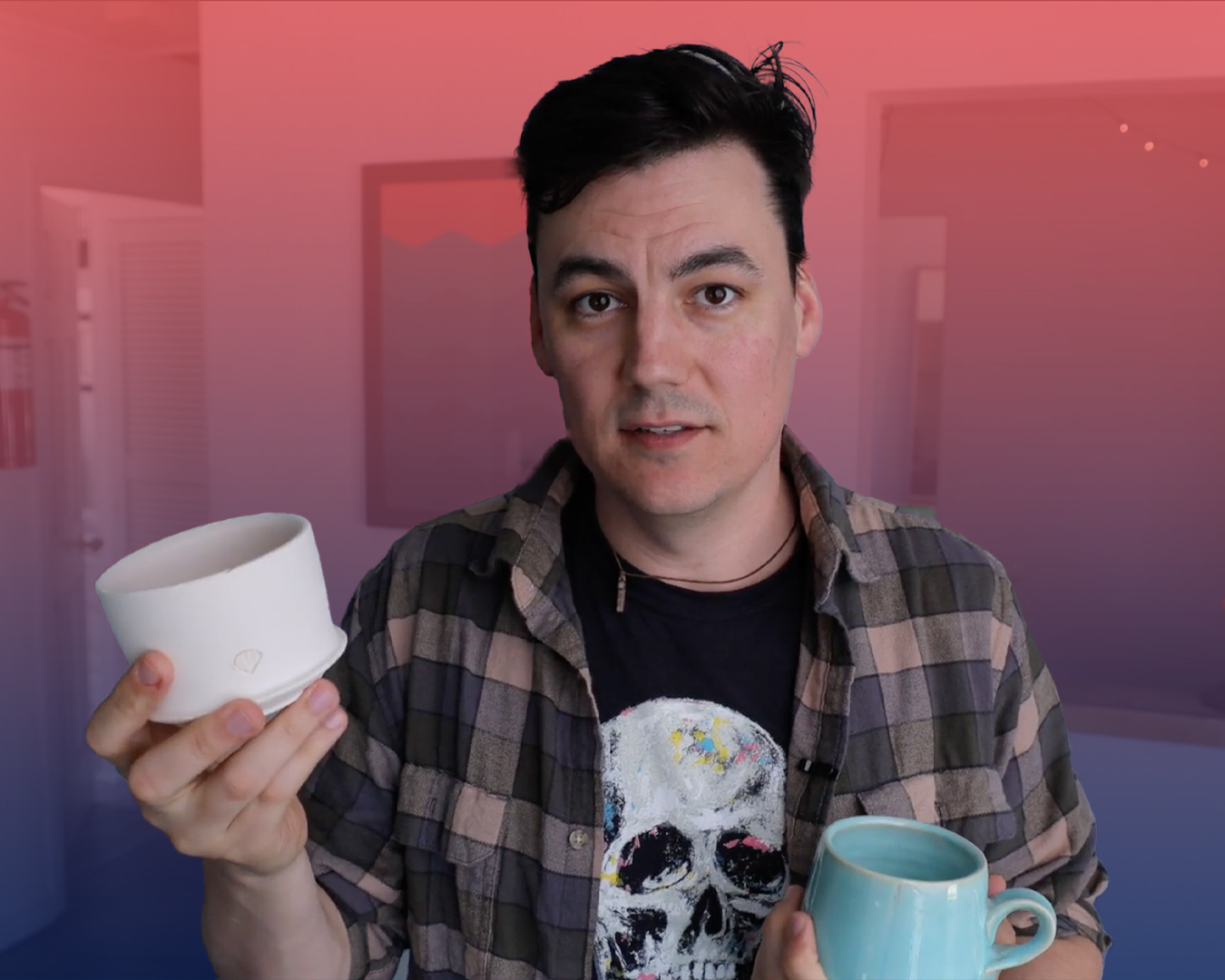
Podcast
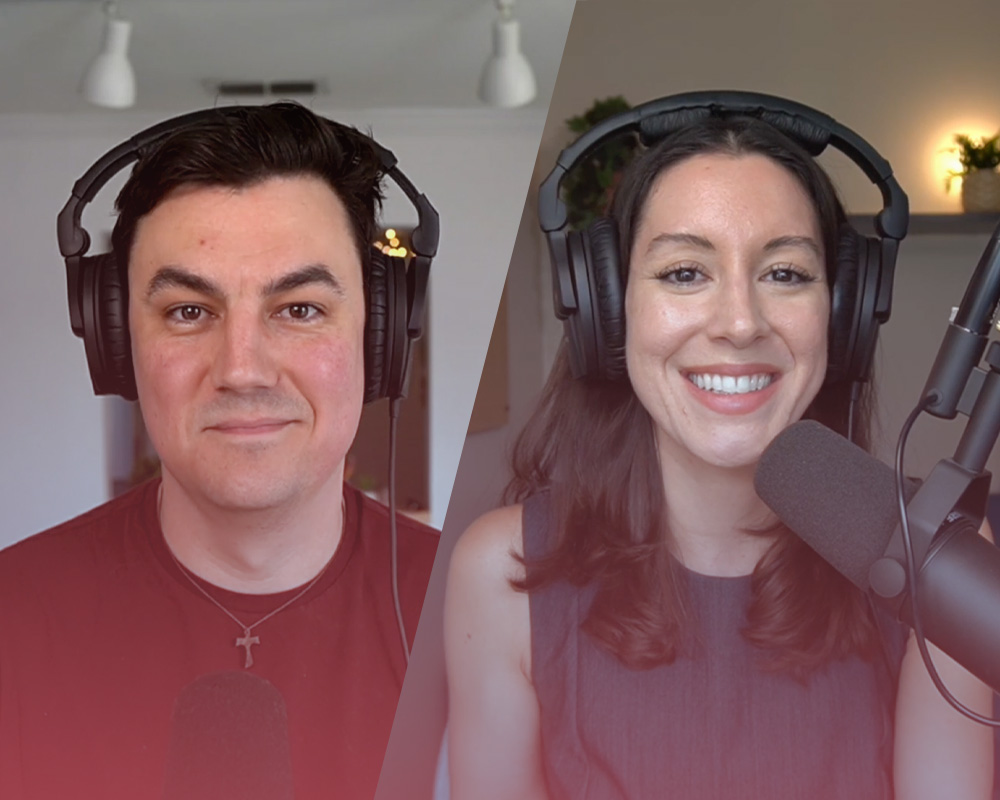
Narrator: Our life outside the womb begins with a profound physiological change. Ten seconds after your birth, your body changes forever. Up until birth, your lungs are filled with liquid. Your body receives needed oxygen through your mother’s umbilical cord. Your mother breathes for you. But seconds after birth, when your body senses the change in temperature and exposure to air, a powerful chain reaction occurs. It’s time to do the work yourself. Your lungs empty of fluid, and you take your first gasp of air — your very first breath. Your central nervous system reacts to this sudden change, sending a shockwave of chain reactions throughout the body as you begin adapting. Your first breath starts an unconscious process your lungs will continue for the rest of your life. Until your very last breath.
Anthony: Hi, I’m Anthony Esser. I’m a graduate student in clinical mental health counseling at St. Bonaventure University.
Why is breath so special? Is thinking about, is the fact that that breath that begins life and that’s of course at the end of our life, you know, we see some breathing and it’s one of the most visible, apparent signs that, you know, life is present or life has left us. And so I think there’s just something about, you know, there’s something very human that indicates life and vitality about breath.
Narrator: Breathing is a fascinating biological process. In a single breath, more molecules of air will pass through your nose than all the grains of sand on all the world’s beaches. That’s trillions and trillions of molecules. And if you lined up all the tubes in the airways of your body, they’d reach more than 1,500 miles or 2400 kilometers.
But breathing is also a somewhat passive action. Our diaphragm, located under our chest cavity, relaxes downward allowing our lungs to open up. This causes a decrease in pressure which allows air to be received into our lungs.
Breathing is one of the few processes in our body that usually occurs unconsciously, but it can be controlled consciously. I mean, we don’t usually decide to breathe. But we each take more than 25,000 breaths in a day, whether we decide to do it or not. And we do have a relationship with our breath.
Our breath is seen as sacred in many religions. Many equate the breath with the soul of an individual. Plato thought breathing was a process of the entire body, not just the lungs. And for a very long time not breathing, or ceasing to breathe, was the sign someone was really, truly, dead. But just like fish don’t think about water, we don’t often think about air. That is, until we run out of it.
Even though we breathe unconsciously, there are situations where thinking about your breath might be helpful.
Navy Seals, for example, use box breathing to control their fight or flight response in high stress situations. Breathe in for four seconds, hold for four seconds, breath out for four seconds, hold for four seconds. Making a box.
Wim Hof, also known as the Iceman, is a breathing guru. (If you can imagine something like that!) He promotes a practice of intense breathing combined with extreme cold therapy. He claims breathing, also known as breath work, can change our immune systems, our nervous systems, and our ability to handle stress and extreme environments. The Iceman regularly makes videos of himself hiking in the snow barefoot and shirtless, or swimming in the arctic without a wetsuit.
Anthony: I don’t have the whole anthropological history of breathing exercises and meditation. I’m sure there’s a very rich tradition there, but, I do know that current research, in psychology and clinical mental health and even neurology has definitely affirmed the impact of regulated breathing, diaphragmatic breathing, where you’re kind of pushing your belly out, really breathing deep, on reducing stress levels, increasing focus, all those kinds of things.
Narrator: Breathing can change how we feel, or alter our physical abilities. James Nestor, in the book “Breath: The new science of a lost art” claims that changing the way we breathe can increase our quality of life. He claims mouth breathing is an evolutionary bad habit we’ve developed that causes all sorts of problems both physical and mental. “Changing the way you breathe,” says Nestor, “can help you live longer.”
In Greek, the word pneuma means breath, wind, and spirit. In the Bible, the spirit of God is referred to in Hebrew as Ruah, or the breath of God. The Spirit of God hovered over the waters before the world was created. And when God created Adam, the Bible says he “breathed into Adam’s nostrils the breath of life”. It’s easy to see why something so essential to life as breath has been seen as something sacred throughout history.
Anthony: Yeah, there’s something sacred about it.
That life, that association with life, that we are filled with breath and that it, it seems in one of the most apparent ways that we can sense, that breadth keeps us going and fuels living. And we think of that gift of life from God. And associate that, that breath, you know, with that, we associate that gift of life from God with breath, I think in that way.
Narrator: If we are not just body but also soul, what is this breath that keeps us alive? Wouldn’t God’s breath – the Holy Spirit – be the very breath of the Christian life? The breath that animates not only our bodies but our souls, and our relationship with God as well?
U.30 — CCC 1716-1729
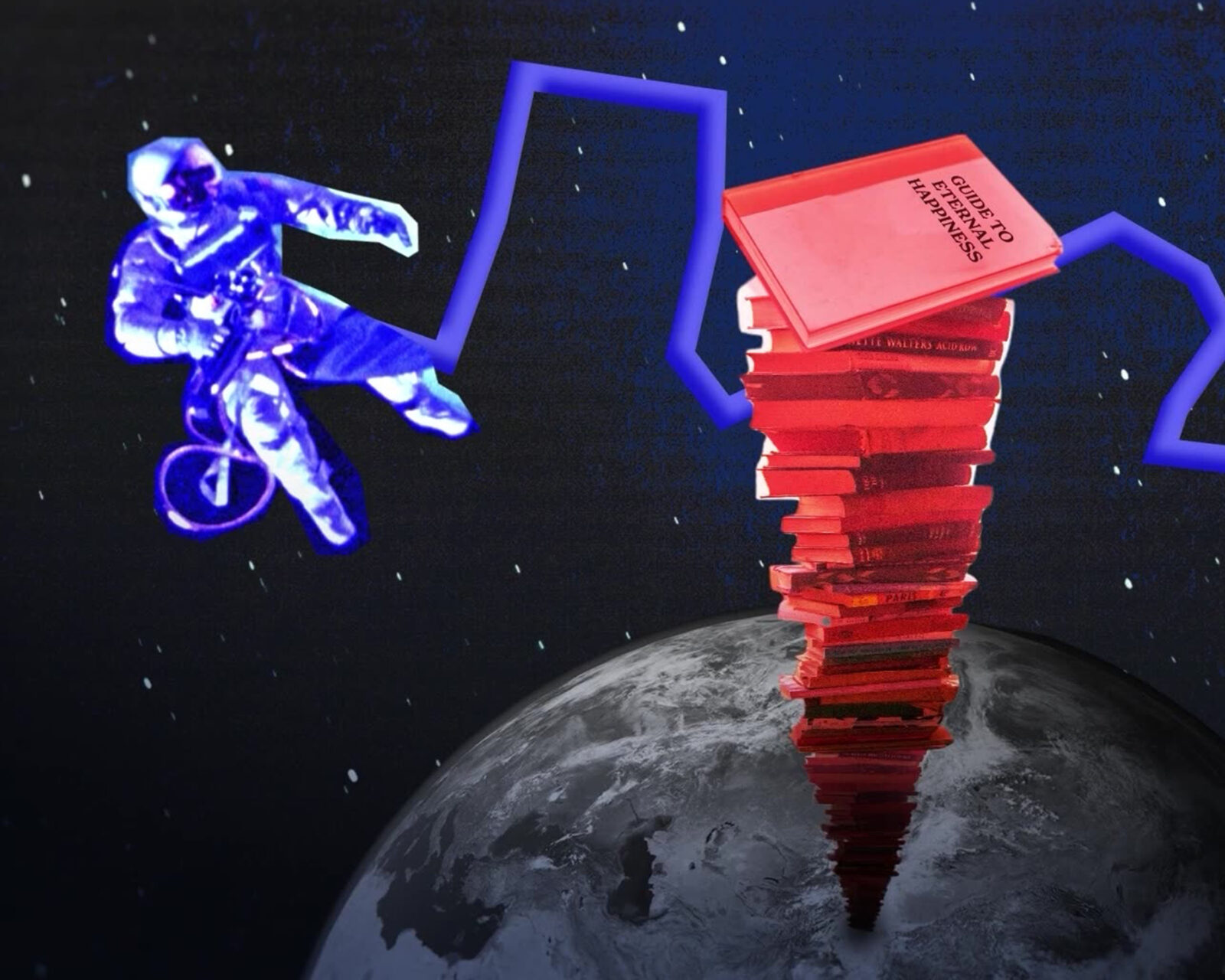
If happiness is a fundamental desire we all have, and something we naturally seek out, why is it so hard to find?
WatchU.29 — CCC 2052-2082

We may think “moral law” is hard to prove, but it turns out the laws of the physical world can be just as elusive. Where should we turn to find…
WatchU.28 — CCC 1949-2051
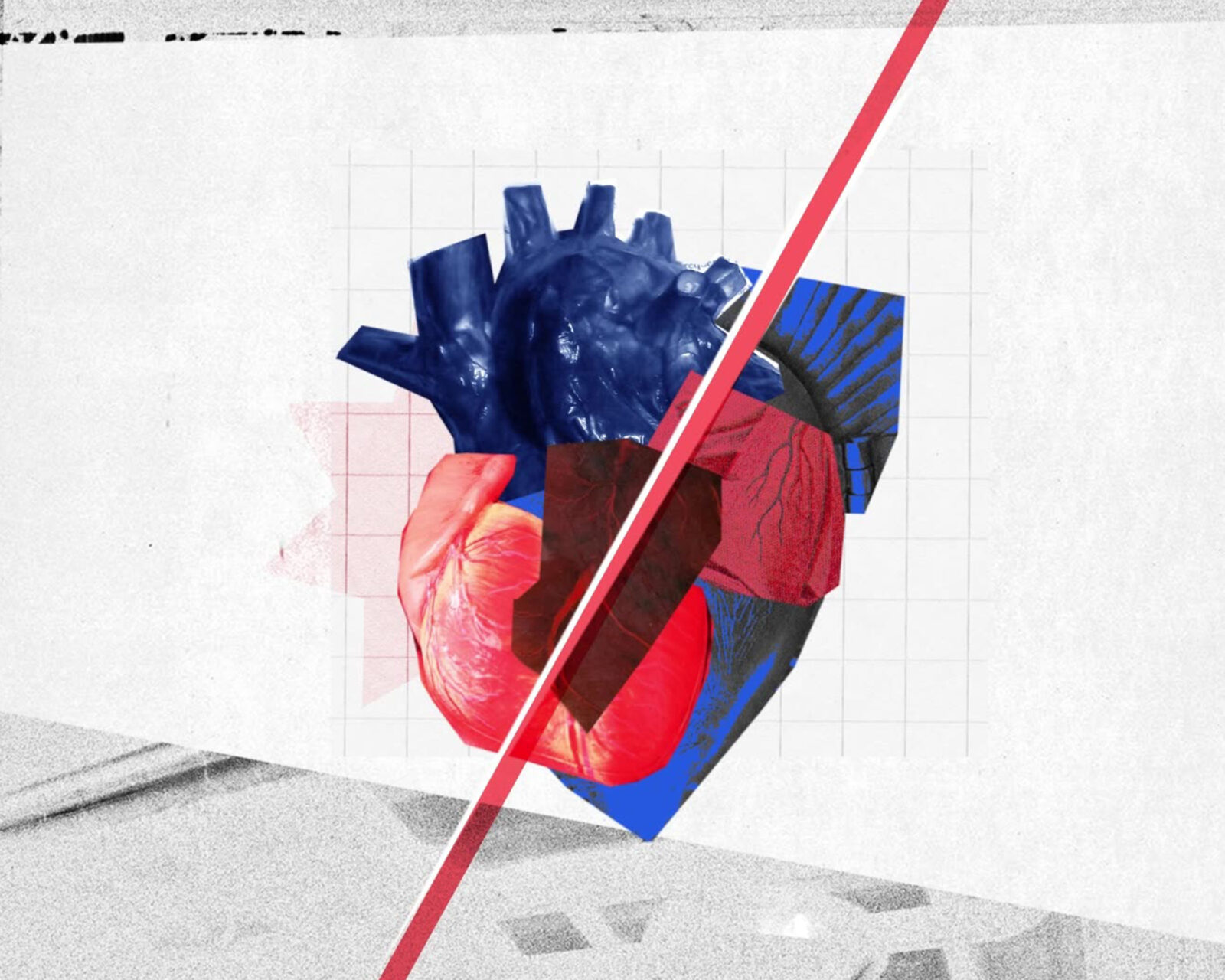
Not many of us want to be the villain, but we’ve all done things we’re not proud of.
WatchU.27 — CCC 1803-1948
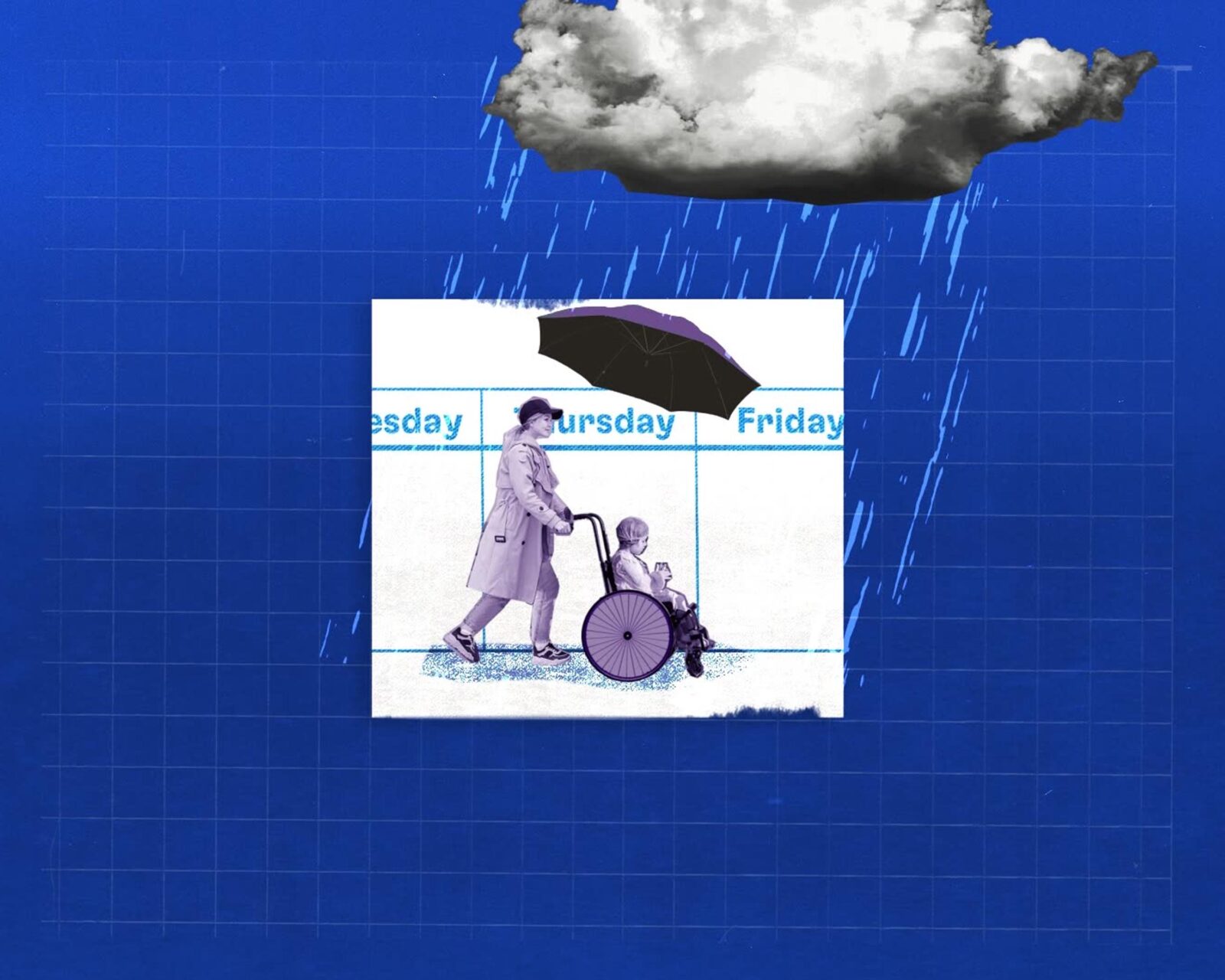
By putting others first, you can transform your heart and your neighborhood.
WatchBy submitting this form you consent to receive emails about Real+True and other projects of OSV.